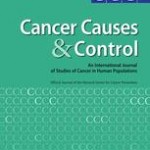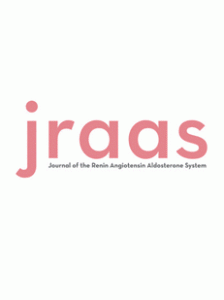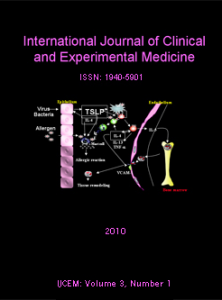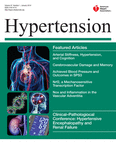 A journal is retracting a paper about a heart surgery technique after discovering the researchers did not have ethics approval to perform a the procedure on 130 patients. What’s more, the local cardiac surgical society had asked the first author to stop using the method in 2004, six years before the study was complete.
A journal is retracting a paper about a heart surgery technique after discovering the researchers did not have ethics approval to perform a the procedure on 130 patients. What’s more, the local cardiac surgical society had asked the first author to stop using the method in 2004, six years before the study was complete.
The patients in the study had atrial septal defects — a congenital hole in their hearts that allows blood to leak between chambers. The retraction note concludes with the editor in chief advising other surgeons to not use the method to close the hole described in the retracted article, “Long-term assay of off-pump atrial septal defect closure using vena caval inflow occlusion and minimally invasive approaches in 130 cases.”
A concern from a reader unraveled the paper. The retraction note explains how:
Continue reading Don’t perform heart surgery described in retracted paper, says editor








